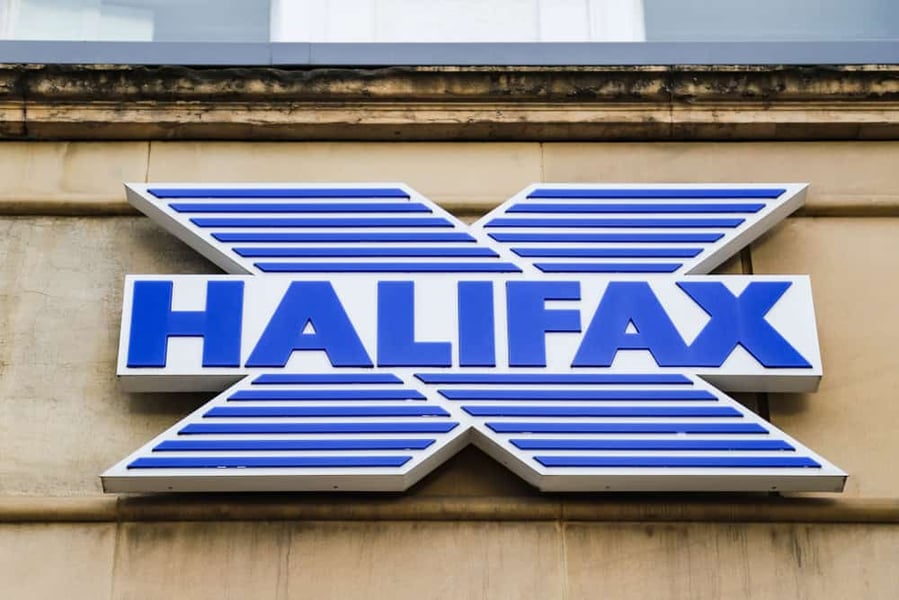Wales continued to record the strongest house price inflation of any UK region or nation, with annual growth of 11.5% in September (average house price of £194,286).

UK house prices rose by 1.7% in September, equating to an increase of £4,400 to the value of the average property, according to the latest Halifax House Price Index.
This means that UK house prices are now at a record high of £267,500.
This month-on-month rise is the strongest increase since February 2007 and ups year-on-year house price inflation up to 7.4%.
This also reversed the recent three-month downward trend in annual growth, which had peaked at an annual rate of 9.6% in May.
Wales continued to record the strongest house price inflation of any UK region or nation, with annual growth of 11.5% in September (average house price of £194,286).
Scotland also continues to outperform the UK national average, with growth of 8.3% (average house price of £188,525).
In both nations, the equivalent stamp duty holidays came to an end at an earlier date.
The South West remained the strongest performing region in England, with annual house price growth of 9.7% (average house price of £276,226).
The North West saw the next biggest increase, with house prices up by 9% year-on-year (average house price of £201,927), marginally ahead of Yorkshire and Humber at 8.9% (average house price of £186,815).
The weakest performing regions in terms of annual house price inflation are all to be found in the South and East of England, though these are also the areas with the highest average house prices.
Eastern England has seen annual growth of 7.2% (average house price of £310,664) while in the South East it is 7% (average house price of £360,795).
Greater London remains the outlier, with annual growth of just 1% (average house price of £510,515), and was again the only region or nation to record a fall in house prices over the latest rolling three-monthly period (0.1%).
Russell Galley, managing director of Halifax, said: “While the end of the stamp duty holiday in England – and a desire amongst homebuyers to close deals at speed – may have played some part in these figures, it’s important to remember that most mortgages agreed in September would not have completed before the tax break expired.
"This shows that multiple factors have played a significant role in house price developments during the pandemic.
“The ‘race-for-space’ as people changed their preferences and lifestyle choices undoubtedly had a major impact.
"Looking at price changes over the past year, prices for flats are up just 6.1%, compared to 8.9% for semi-detached properties and 8.8% for detached.
"This translates into cash increases for detached properties of nearly £41,000 compared to just £6,640 for flats.
“Against a backdrop of rising pressures on the cost of living and impending increases in taxes, demand might be expected to soften in the months ahead, with some industry measures already indicating lower levels of buyer activity.
"Nevertheless, low borrowing costs and improving labour market prospects for those already in employment are likely to continue to provide support.
“Perhaps the biggest factor in determining the future of house prices remains the limited supply of available properties.
"With estate agents reporting a further reduction in the number of houses for sale, this is likely to underpin average prices – though not the recent rate of price growth – into next year.”
Mike Scott, chief analyst at Yopa, added: "The Halifax House Price Index for September shows that there was a large monthly increase in house prices as we reached the final end of the stamp duty holiday, with average prices up by 1.7% for the month and the annual rate of increase rising to 7.4%.
"The mortgage approvals included in the September figure largely relate to purchases that will complete in later months and not benefit from any tax saving, so this is in effect already a post-tax-holiday figure.
"It is therefore further evidence that the withdrawal of the tax savings will have little effect on the over-heated housing market, which is still being driven by a severe shortage of homes for sale, good mortgage availability at record low interest rates, strong wage growth, pandemic-induced lifestyle changes and the involuntary savings built up by many during the lockdowns.
"Yopa thus expects the current strong rate of price growth to be maintained into at least the first half of 2022 as we continue to recover from the pandemic and return to a new normal."
Jeremy Leaf, north London estate agent and a former RICS residential chairman, said: "Although reflecting some historical buying and selling, the housing market continues to demonstrate remarkable resilience bearing in mind the number of transactions brought forward in the last few months to take advantage of the stamp duty holiday.
"Nevertheless, we are finding activity has lost some oomph but there is still plenty of life left, supported by record low interest rates and supply, while though rising, is not doing so fast enough.
"The market also seems to be shrugging off rising inflation and the end of furlough, as well as widening economic concerns."
August saw the average cost of a property reach £262,954, up 0.7% on July and the then highest figure on record.



